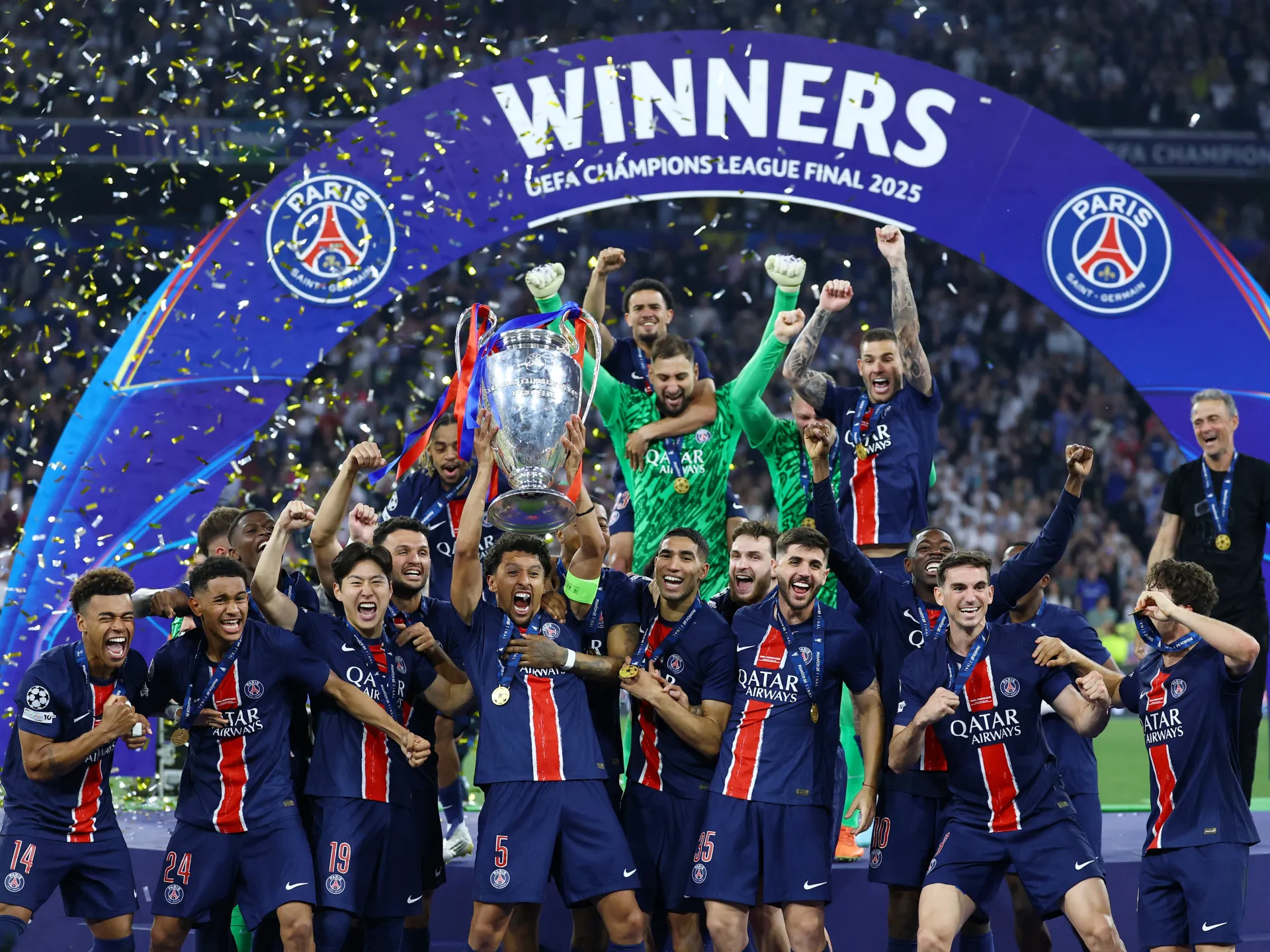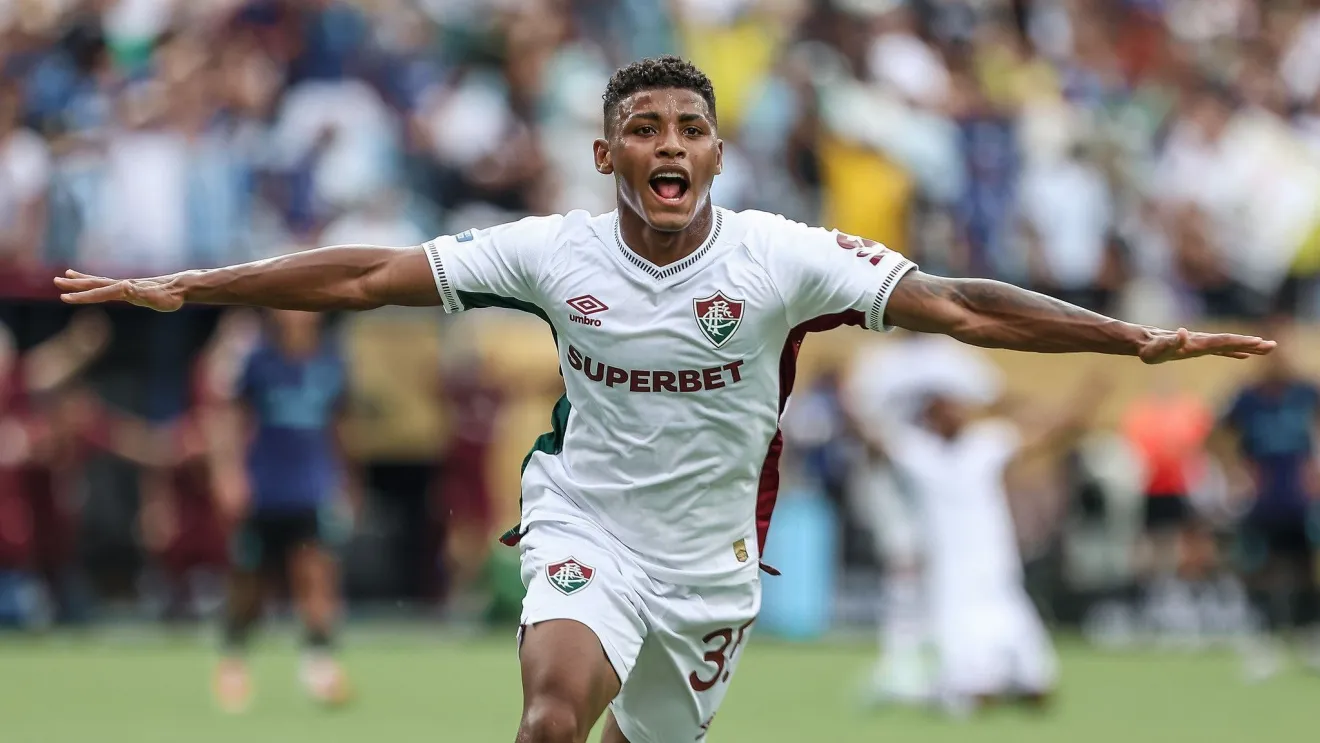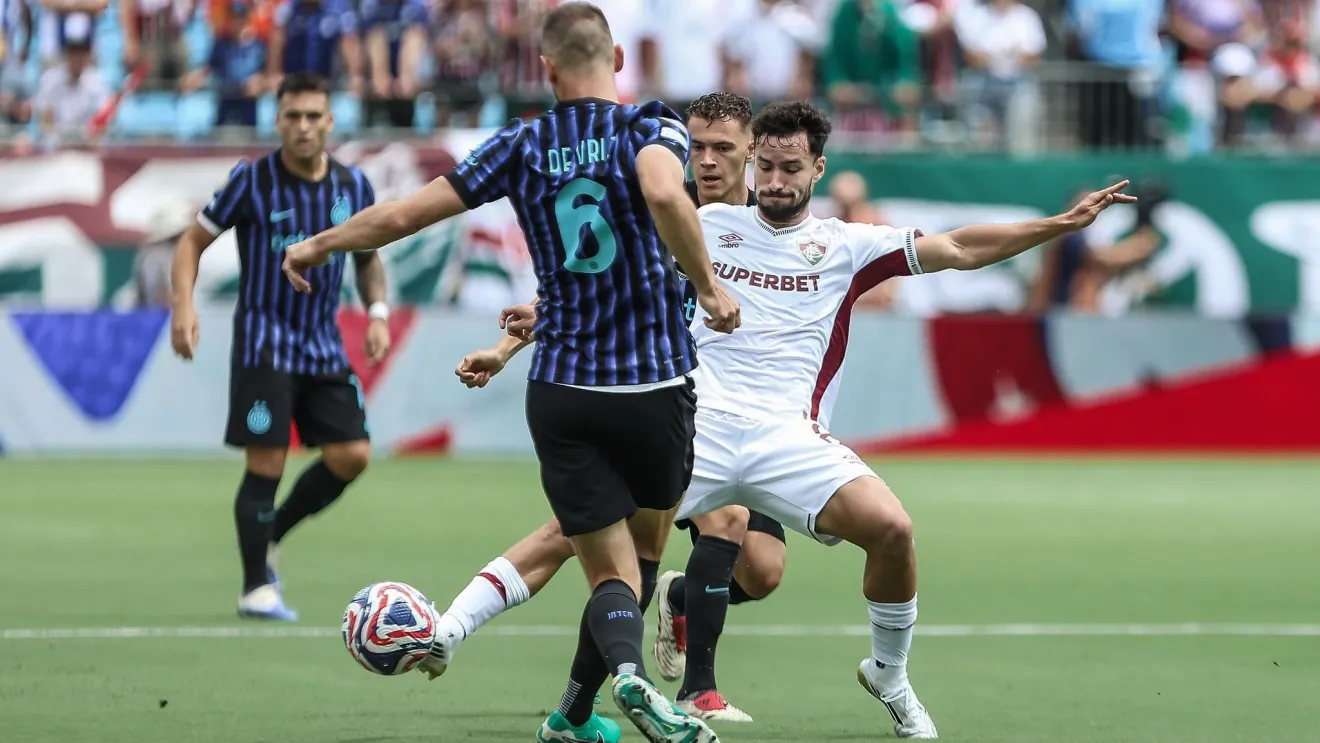
The semifinal clash is more than just football it’s a collision of wealth, power, and two global ownership models
As Chelsea and Paris Saint-Germain (PSG) faced off in the Club World Cup, the real battle extended far beyond the pitch. Behind the footballing giants are two vastly different financial powerhouses an American consortium led by billionaire Todd Boehly and Qatar’s state-backed investment fund.
This matchup symbolizes a growing trend in global football: the race for dominance driven not just by tactics and talent, but by billionaire owners, strategic investments, and contrasting management philosophies.
Chelsea’s American-Led Rebuild: Todd Boehly’s Billion-Dollar Vision
Since acquiring Chelsea in 2022 for around £2.5 billion, American investor Todd Boehly and his partners have committed an additional £1.75 billion to revolutionize the club’s future from squad building to stadium infrastructure.
With a personal net worth of $6.2 billion, Boehly is a sports magnate who also holds stakes in:
- Los Angeles Dodgers (MLB)
- Los Angeles Lakers (NBA)
- Los Angeles Sparks (WNBA)
Boehly’s consortium includes Clearlake Capital, Swiss billionaire Hansjörg Wyss, and investor Mark Walter. However, the group has faced internal disagreements over the club’s long-term direction Boehly pushes for a 20–30-year vision, while others reportedly want quicker returns.
Despite the friction, Chelsea has made bold moves, including recent signings like French talent Mamadou Sarr, investing over R$450 million in new players.
PSG’s State-Backed Empire: The Power of Qatar Sports Investments
On the other side stands Paris Saint-Germain, backed by Qatar Sports Investments (QSI), a fund deeply connected to the Qatari government. Since 2011, QSI has transformed PSG into a footballing juggernaut with virtually unlimited financial resources.
Led by Nasser Al-Khelaifi, the Qatari group has spent hundreds of millions on stars like:
- Neymar
- Kylian Mbappé
- Lionel Messi
Their goal? Immediate results and global visibility, aligning with Qatar’s broader strategy of using sports as a tool of soft power and international influence.
Unlike Boehly’s diversified ownership, PSG represents state-backed, strategic dominance, where club ambitions mirror national agendas.
Clash of Fortunes: A Tale of Two Ownership Models
| Club | Owner / Group | Estimated Net Worth | Key Investments |
|---|---|---|---|
| Chelsea | Todd Boehly & Partners | $6.2B (Boehly alone) | £1.75B (future), R$450M in signings |
| PSG | Qatar Sports Investments | Billions via Qatari State | Multi-billion Euro spend since 2011 |
This isn’t just a match it’s a showdown of ownership models. Chelsea symbolizes the influence of private capital, diversified sports investment, and a long-term rebuild. PSG reflects state-sponsored ambition, resource-backed recruitment, and a hunger for global domination now.
What It Means for the Future of Football
In an era where football clubs are no longer just teams but brands, assets, and strategic investments the clash between Chelsea and PSG showcases how ownership shapes destiny.
- Boehly’s Chelsea is betting on sustainable growth and global infrastructure.
- QSI’s PSG is aiming for immediate glory and worldwide influence.
This Club World Cup encounter highlights not just elite football, but the economic engines redefining it. In modern football, as much as talent counts, money talks and ownership matters.

Miguel Manjate is a football journalist and editor covering the Premier League, European competitions, and transfer news, with a strong focus on match analysis and data-driven reporting.



